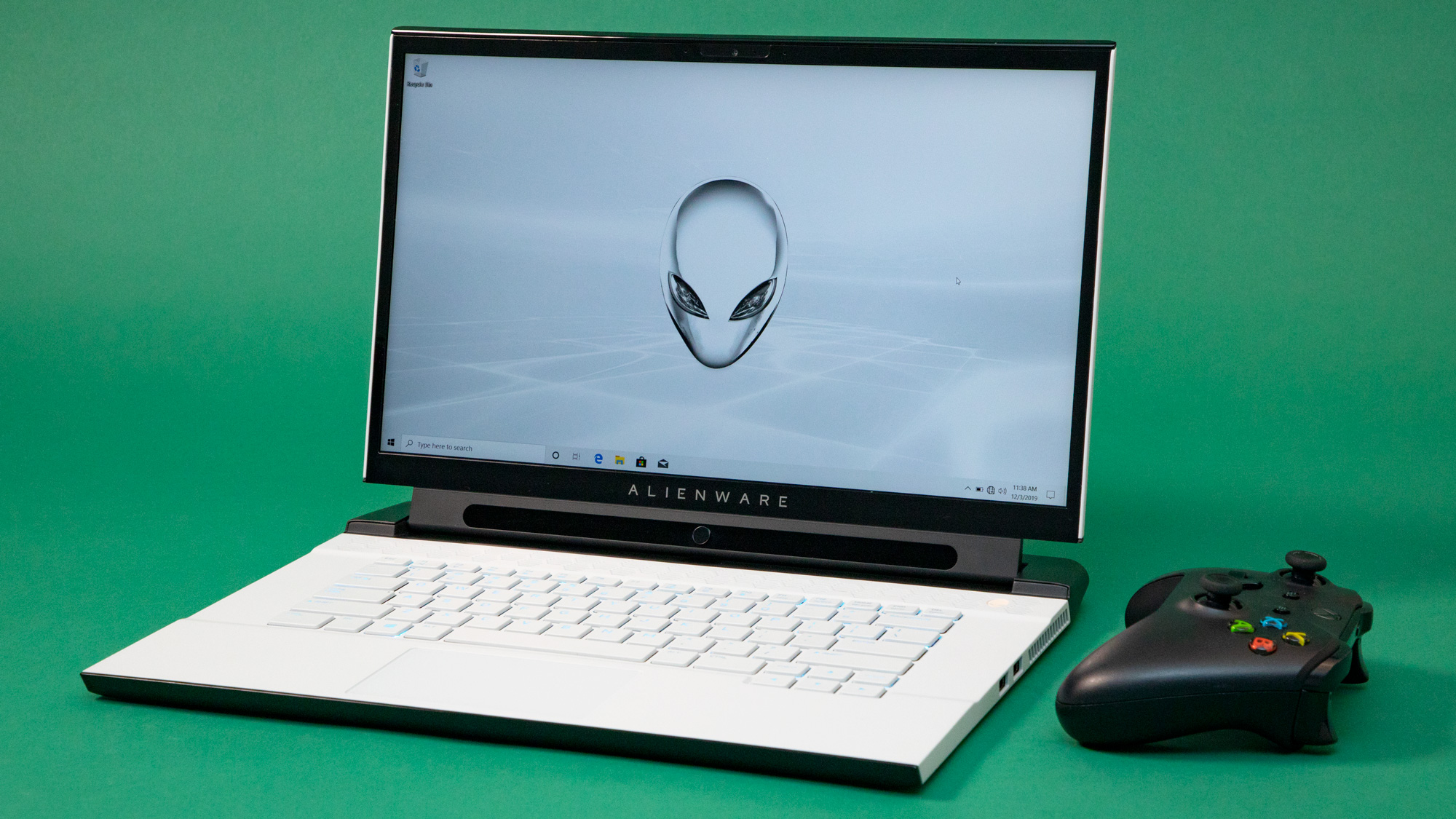Dell sued over 'unprecedented upgradeability' claim for Alienware laptop
The lawsuit labels the marketing campaign 'false and misleading'

Sign up for breaking news, reviews, opinion, top tech deals, and more.
You are now subscribed
Your newsletter sign-up was successful
A Dell customer is suing the company over claims it made about the "unprecedented upgradeability" of its Alienware Area-51m R1 laptop, saying the marketing campaign was false and misleading after its successor, the Area-51m R2, came out with new hardware not available on the R1 model.
Robert Felter, who lives in San Francisco, CA, says in a class action complaint filed with the United States District Court in the Northern District of California that Dell's promise of "unprecedented upgradability," including the ability to upgrade the CPU and the GPU of the laptop, "intentionally misled and deceived" customers into buying a laptop that they could not fully upgrade, or even upgrade at all.
When it was first introduced at CES 2019, representatives from the company said that the Alienware Area-51m R1's CPU could be upgraded, so long as it was using the Intel Z390 chipset. This restricted upgrade options to eighth and ninth generation Intel CPUs, as tenth-gen processors only work on the Z490 chipset.
- Best Dell laptops of 2021
- These are the best gaming laptops of 2021
- We'll show you how to build a PC
It was this release that apparently prompted the lawsuit, according to Tom's Hardware. This latest refresh of Alienware's Area-51m uses a tenth generation Intel processor, and so uses the Z490 chipset, meaning that this new refresh likewise had its core components locked into the current generation of hardware, especially on the highest end configurations that already used the most powerful hardware available at the time of its launch.
"The Area 51M's CPU was not upgradeable to the new Intel 10th generation CPU, nor was its GPU upgradeable to the new Nvidia RTX Super 2000 series," the complaint alleges. "In fact, the only way Plaintiff could own a laptop with these newly released upgraded Core Components was to spend several thousand dollars more than what an upgrade would cost to purchase the then-newly released Alienware Area 51M R2 or a similarly equipped laptop from another manufacturer."
Moreover, the lawsuit alleges that Dell has a close working relationship with Intel and Nvidia so that should have known that their product wouldn't be able to carry next-generation hardware when they marketed the device as having "unprecedented upgradeability." Whether a judge will see it the same way remains to be seen.
- Stay up to date on all the latest tech news with the TechRadar newsletter
Sign up for breaking news, reviews, opinion, top tech deals, and more.

John (He/Him) is the Components Editor here at TechRadar and he is also a programmer, gamer, activist, and Brooklyn College alum currently living in Brooklyn, NY.
Named by the CTA as a CES 2020 Media Trailblazer for his science and technology reporting, John specializes in all areas of computer science, including industry news, hardware reviews, PC gaming, as well as general science writing and the social impact of the tech industry.
You can find him online on Bluesky @johnloeffler.bsky.social